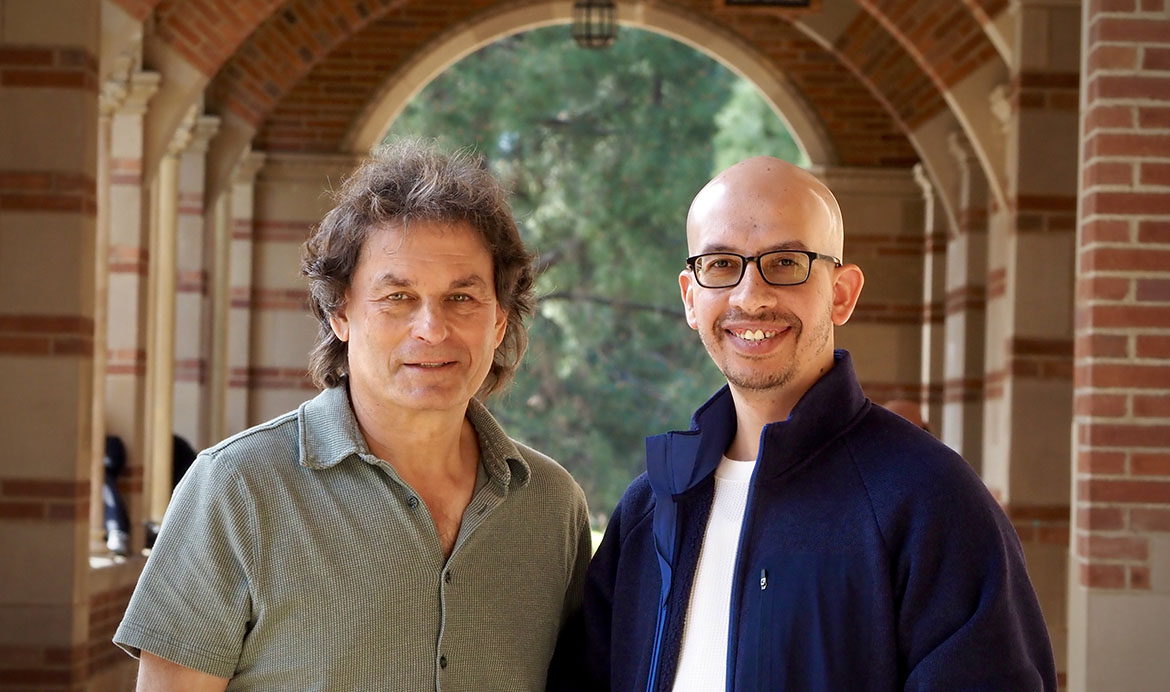
The Wallabies secured a historic victory against the British and Irish Lions at Stadium Australia, marking only their seventh Test win over the visitors. The match, which extended beyond its scheduled time due to a lightning delay, was a testament to the physical endurance and strategic prowess of the Australian team.
Lightning halted a gripping contest that saw players of all sizes stepping up to the challenge. Despite the adverse weather conditions, the Wallabies displayed a remarkable blend of resilience and tactical finesse, ultimately emerging victorious.
Wallabies Start Strong with Pietsch’s Early Try
Concerns that the Wallabies might falter after last week’s heartbreak were quickly dispelled. In the opening minutes, Australia demonstrated an aggressive, fast-paced style of play, undeterred by the wet conditions. This approach paid off as they secured a five-metre scrum, putting immediate pressure on the Lions’ defense.
The Wallabies’ patience was rewarded when Nic White passed to Joseph-Aukuso Suaalii, who skillfully drew in defenders before setting up Dylan Pietsch for a try. Pietsch’s composure and ball control were commendable, as he dived over the line amidst the challenging conditions.
Nic White’s Fiery Farewell Performance
Scrum half Nic White, playing his final Test against the prestigious Lions, was at the heart of the action. His involvement in two significant melees underscored his competitive spirit. The first incident occurred in the 22nd minute when White clashed with Lions hooker Dan Sheehan, leading to a series of altercations.
White’s confrontational style continued to draw attention, particularly when Tadhg Beirne reacted to a shove from him, resulting in further on-field skirmishes. Despite the chaos, White’s performance remained pivotal in maintaining the Wallabies’ momentum.
Lightning Disrupts the Match
The game faced an unexpected pause due to lightning, coinciding with an injury to Lions lock James Ryan. As safety protocols were enacted, players and officials temporarily left the field. Fans in the lower tiers were advised to seek shelter, with some taking the opportunity to invade the pitch, prompting security interventions.
Upon resumption, the Wallabies appeared more prepared, returning to the field earlier than their opponents. This readiness arguably contributed to their sustained performance post-delay, highlighting the different strategies employed by each team during the interruption.
Max Jorgensen’s Game-Changing Play
The second half began with high-intensity rugby, as both teams sought to capitalize on the narrow scoreline. The Wallabies, leading by eight points, were the first to score after the break. A mishandled pass by the Lions allowed Max Jorgensen to seize the opportunity, intercepting the ball and sprinting down the sideline for a try.
Jorgensen’s brilliance was a repeat of his earlier performance in the series, where he had similarly caught the Lions off guard. His try in Sydney was a decisive moment, reinforcing the Wallabies’ lead and boosting their confidence.
McDermott’s Impactful Performance Off the Bench
Throughout the series, Tate McDermott proved to be a critical asset for the Wallabies. His introduction in Sydney was no exception, as he played a key role in maintaining the team’s advantage. Following Jac Morgan’s try for the Lions, McDermott’s quick thinking and agility were instrumental in restoring the Wallabies’ lead.
With the Lions reduced to 14 men due to repeated infringements, McDermott capitalized on the situation. His decisive try, breaking through a tired defense, was celebrated by the Wallabies’ supporters and secured their victory.
This win against the British and Irish Lions not only marks a significant achievement for the Wallabies but also demonstrates their potential to compete at the highest level. As the team looks forward to future challenges, this triumph serves as a reminder of their capabilities and resilience.







